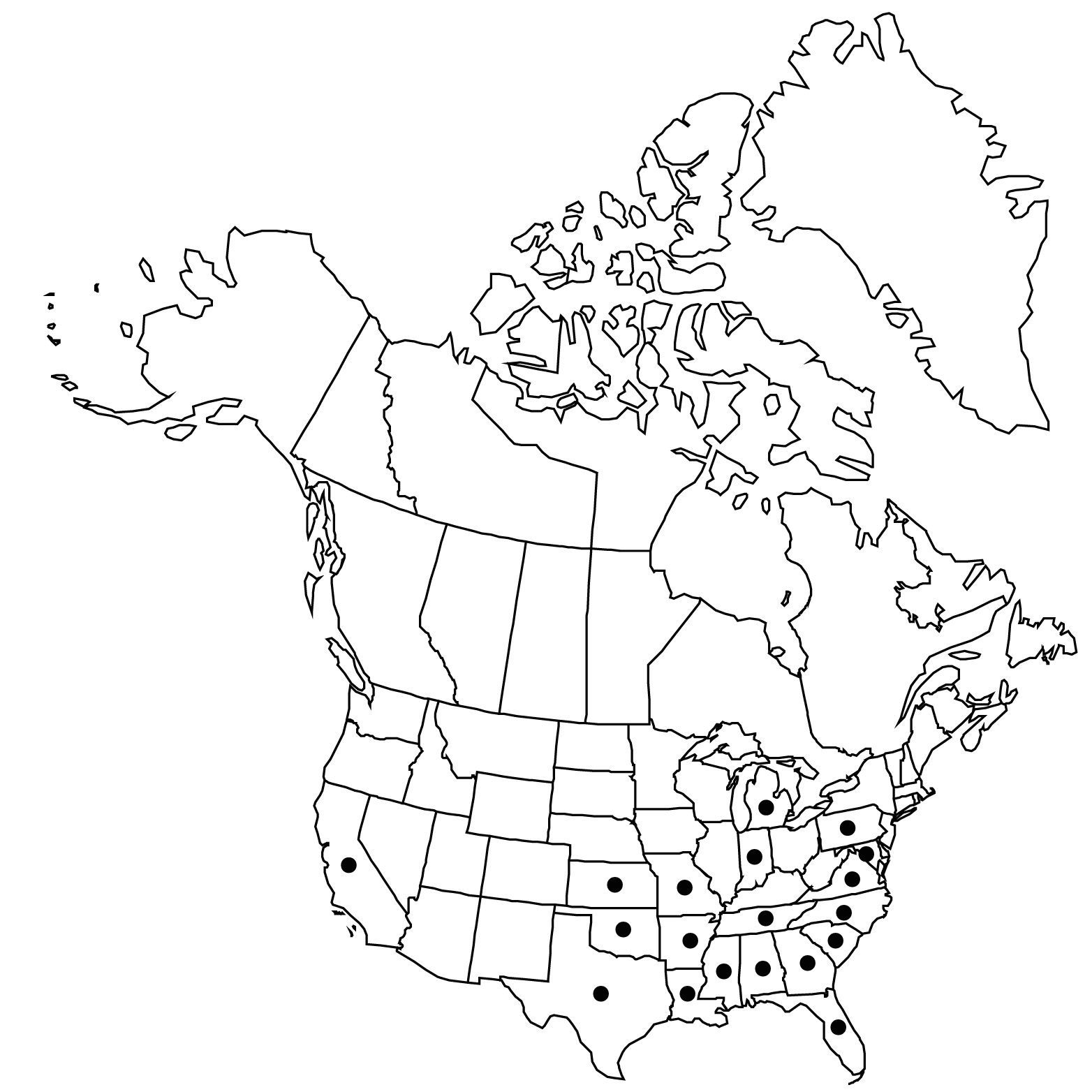Helenium amarum var. amarum
Treatment appears in FNA Volume 21. Treatment on page 428.
Revision as of 20:07, 5 November 2020 by imported>Volume Importer
Plants (10–)20–60(–100) cm. Leaves: basal and proximal cauline usually withered by flowering; basal blades linear to ovate, usually entire or pinnately toothed sometimes pinnatifid; proximal blades usually linear, usually entire, sometimes pinnately toothed. Ray corollas 6.5–14 × 4–10 mm. Disc florets 75–150+; corollas yellow to yellow-brown distally, 2–2.7 mm. Cypselae 0.9–1.3 mm; pappi of 6–8 scales 1.2–1.8 mm. 2n = 30.
Phenology: Flowering (Feb–)Jul–Oct(–Dec)
Habitat: Roadsides and fields
Elevation: 20–400 m
Distribution

Ala., Ark., Calif., D.C., Fla., Ga., Ind., Kans., La., Mich., Miss., Mo., N.C., Okla., Pa., S.C., Tenn., Tex., Va.
Discussion
Variety amarum is introduced in California.
Selected References
None.
Lower Taxa
None.